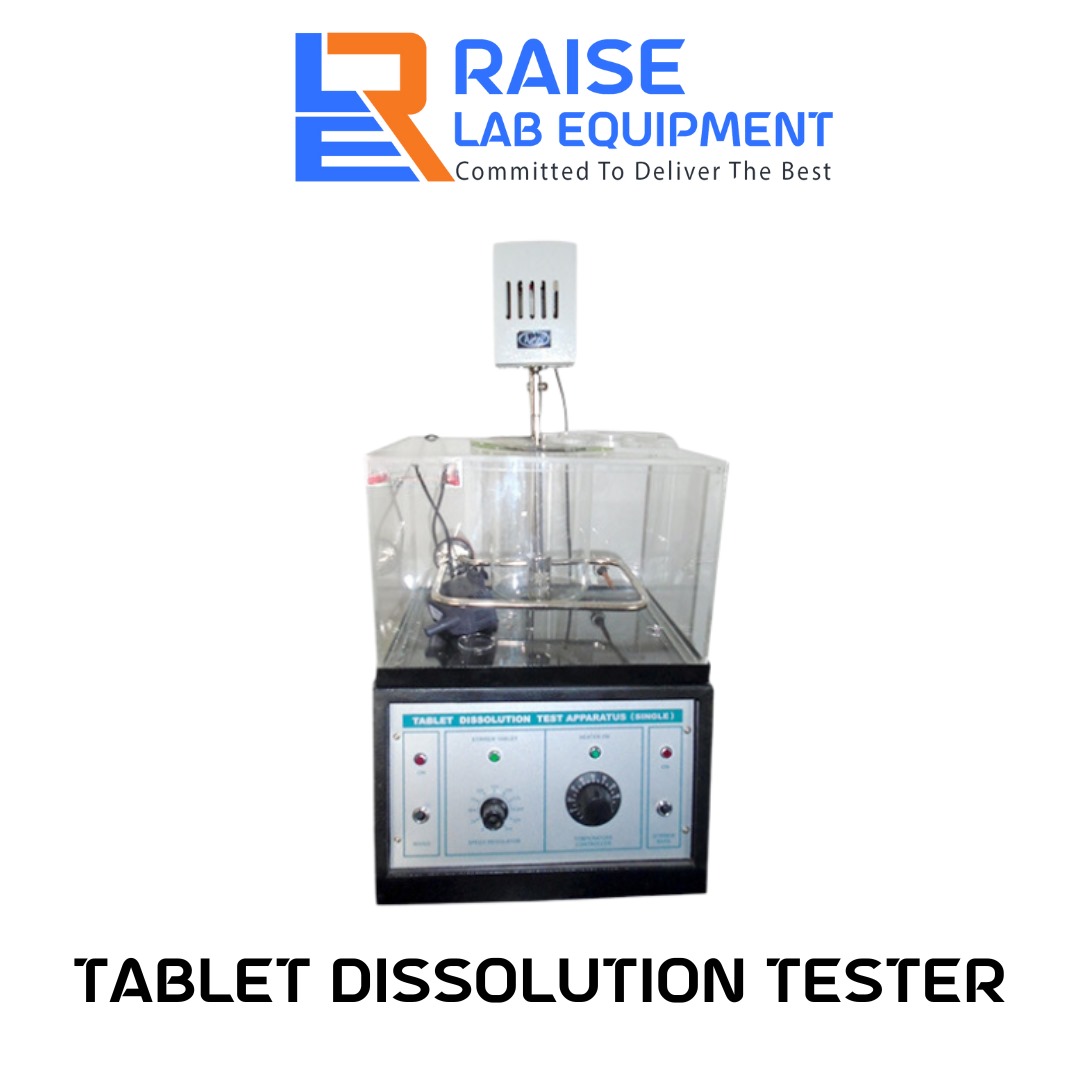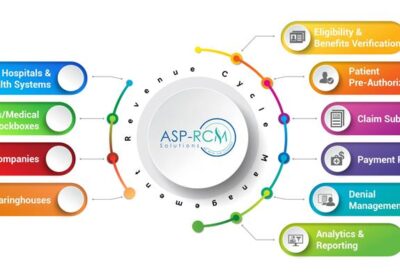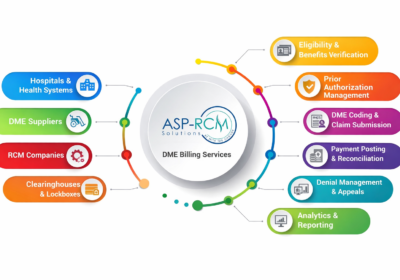₹250
In industries where product integrity is crucial, such as pharmaceuticals, automotive, and electronics, ensuring that products are free from leaks is essential. This is where Leak Test Apparatus comes into play. These devices are designed to detect leaks in products and ensure that they meet stringent quality standards. In this article, we’ll explore what Leak Test Apparatus are, how they work, and why they are indispensable for manufacturers across various industries.
1. What is a Leak Test Apparatus? A Leak Test Apparatus is a specialized tool used to identify any air or fluid leaks in a product. Typically, these devices are used during the production and quality control phases to ensure the finished product meets safety and functionality standards. Depending on the application, leak testing can be done using methods like pressure decay, vacuum, and tracer gas techniques.
2. Why Leak Testing is Critical in Manufacturing Leak testing is crucial in ensuring that products, such as medical devices, packaging, and automotive parts, are safe, efficient, and reliable. Here are some reasons why leak testing is indispensable:
-
Ensuring Safety: In industries like pharmaceuticals, small leaks can lead to contamination or product failure, which could pose serious risks to consumers.
-
Preventing Waste: By detecting leaks early in the manufacturing process, companies can reduce material wastage, saving time and resources.
-
Compliance with Standards: Leak testing is often mandated by international standards, making it an essential part of quality assurance.
3. Types of Leak Test Apparatus There are several types of Leak Test Apparatus that cater to different manufacturing needs:
-
Helium Leak Detectors: These are highly sensitive instruments used for testing leaks in vacuum chambers or other high-precision equipment.
-
Pressure Decay Leak Testers: This method involves applying pressure to a product and monitoring any drop in pressure, which indicates a leak.
-
Bubble Emission Leak Testers: These are often used for detecting larger leaks by immersing the product in water and observing bubble formation at the leak site.
4. Applications of Leak Test Apparatus in Different Industries Leak testing plays a critical role in several sectors:
-
Pharmaceuticals and Healthcare: Ensuring that medical devices, packaging, and sterile environments are leak-free to maintain product integrity and safety.
-
Automotive Manufacturing: Testing components like fuel tanks, radiators, and air conditioning systems to prevent potential failures.
-
Aerospace: Leak testing is vital for ensuring the integrity of spacecraft, aircraft parts, and their fuel systems.
-
Food and Beverage Packaging: Ensuring that packaging is sealed correctly to preserve freshness and prevent contamination.
5. How to Choose the Right Leak Test Apparatus Selecting the right Leak Test Apparatus depends on several factors, including:
-
Product Type: Consider the material and complexity of the product you’re testing. Some apparatus may be more suited for small, delicate items, while others can handle larger, bulkier products.
-
Sensitivity Requirements: If your industry requires high levels of precision, look for apparatus that offers high sensitivity and low detection limits.
-
Ease of Use and Calibration: Choose equipment that is easy to calibrate and operate, reducing downtime and increasing efficiency in your testing processes.
6. Benefits of Using Leak Test Apparatus
-
Enhanced Quality Control: By implementing leak testing during production, manufacturers can ensure that their products are of the highest quality, minimizing the risk of defective products reaching consumers.
-
Cost Efficiency: Early detection of leaks reduces rework costs and the potential for costly product recalls.
-
Improved Customer Satisfaction: High-quality, reliable products help build trust with customers and enhance brand reputation.
Conclusion: Investing in a Leak Test Apparatus is an investment in quality control and reliability. Whether you’re working in pharmaceuticals, automotive, or electronics, ensuring that your products are free of leaks is essential for meeting industry standards and customer expectations. By choosing the right leak testing equipment, you can enhance your production processes, improve product safety, and ensure compliance with stringent regulations.






